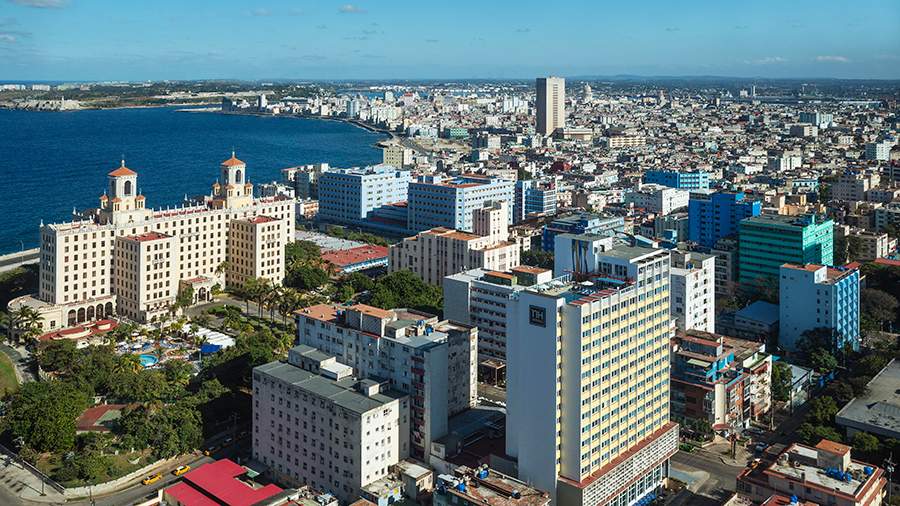The Russian Foreign Ministry commented on Trump's decision to return Cuba to sponsors of terrorism
- Новости
- World
- The Russian Foreign Ministry commented on Trump's decision to return Cuba to sponsors of terrorism
U.S. President Donald Trump's decision to return Cuba to the list of states sponsors of terrorism has nothing to do with the fight against terrorism, Havana represents a model in the sphere of countering this problem. This statement was made by Russian Foreign Ministry spokeswoman Maria Zakharova on January 21 in her commentary published on the ministry's website.
She pointed out that Trump's executive order returning Cuba to the list said that the administration of previous U.S. President Joe Biden had introduced illegal, unpopular and inflationary measures in many government agencies, and the new head of state's decision would supposedly help launch policies that would make the United States a "prosperous" country again. Zakharova pointed out that it is unclear what all of this has to do with Cuba and why it has been put back on the list.
"It is quite clear that this is not really about fighting terrorism. The previous U.S. administration said there was no evidence of Cuba's support for international terrorism. And this remains an indisputable fact," the commentary reads.
The Russian Foreign Ministry spokeswoman emphasized that Cuba has an impeccable and exemplary reputation as a participant in international cooperation in the anti-terrorist fight. Obviously, the island nation's return to the list is linked to the plan to further tighten sanctions against Cuba, which have negatively affected the country's well-being for more than 60 years. At the same time, the U.S. has failed to recognize that it is useless to impose political pressure on Cuba.
Moscow, for its part, will continue to support Havana in its defense of state sovereignty and in its demands for an immediate and complete end to the illegal US trade, financial and economic blockade of the country and the removal of Cuba from the list of states that allegedly sponsor terrorism.
Earlier in the day, Trump put Cuba back on the list of countries that sponsor terrorism. The Wall Street Journal reported that the removal from the list under Biden was part of a deal in which Cuba was to release 553 political prisoners. Cuban President Miguel Diaz-Canel Bermudez called Trump's decision to put Havana back on the list a disregard for the truth on his X social media page (formerly Twitter), Gazeta.Ru reported.
Before that, on December 18, 2024, Zakharova said that Russia is in favor of lifting the US embargo on Cuba. Washington's measures of pressure on Havana are inhumane, illegitimate and "grossly violate the fundamental principles of the UN Charter."
The Cuban Embassy in Russia told Izvestia on November 2 that the Caribbean state is open to dialog with the United States on any issues, including sanctions.
Prior to that, on October 30, the UN General Assembly, by a majority vote, once again adopted a resolution against the ongoing U.S. economic blockade against Cuba. Havana has been under U.S. restrictions since the 1960s.
Among other things, the resolution calls for "an end to the economic, commercial and financial embargo imposed by the United States against Cuba." The motion received 187 votes in favor. Only the US and Israel voted against the resolution, while Moldova abstained.
Переведено сервисом «Яндекс Переводчик»

